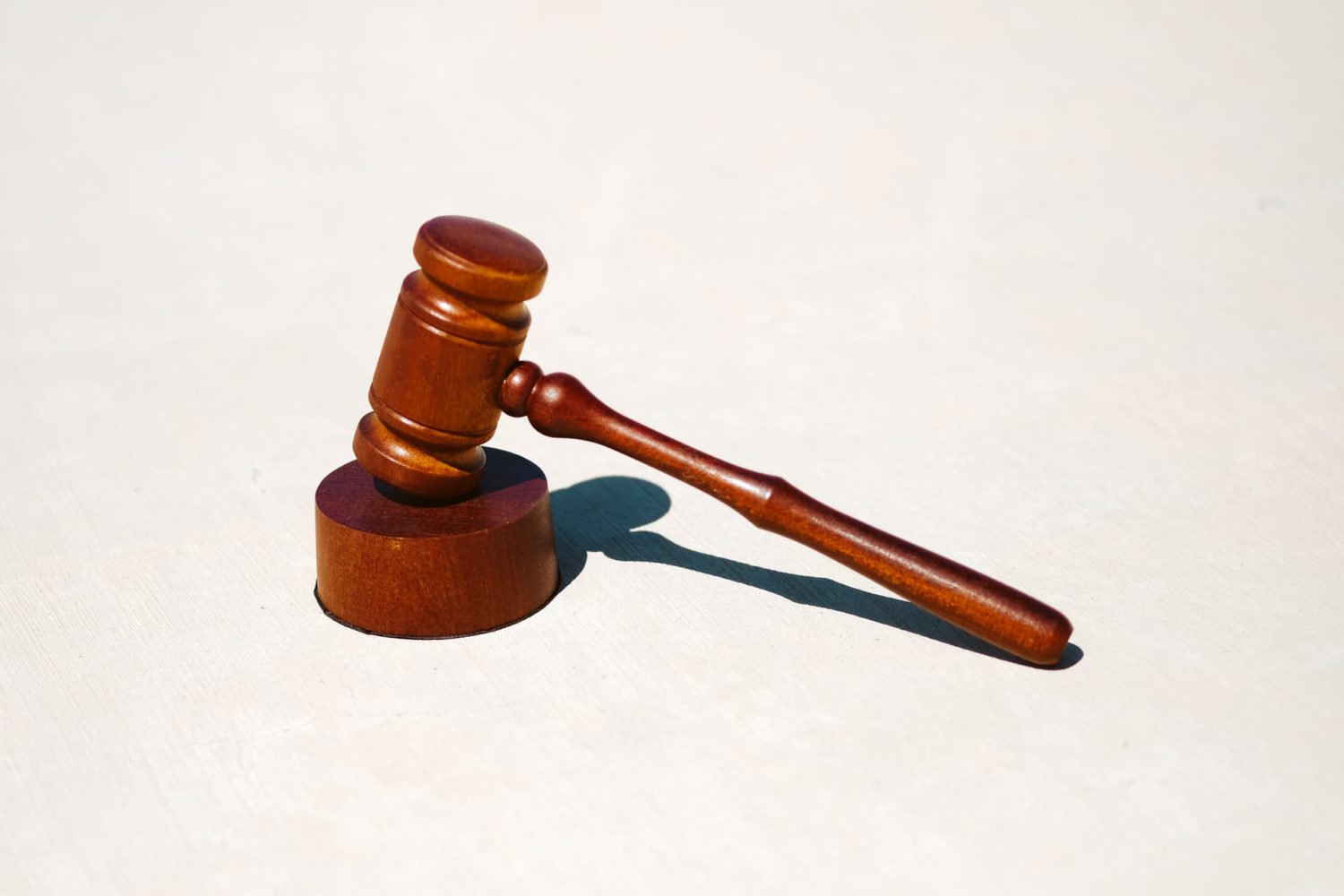
Although death is inevitable, it is always difficult to lose a loved one. When a person dies, the transfer of their estate assets typically have to pass through probate. Essentially, probate is the execution of a decedent’s will. It is important for the surviving family to understand how the probate court system operates. In the unfortunate event that you have lost a loved one, please don’t hesitate to contact a compassionate Montgomery County Probate Attorney who can guide you through the process of probate.
What is probate?
When a person creates a will they will appoint an executor. An executor has a substantial amount of responsibility as they carry out the decedent’s wishes. The executor handles the deceased person’s estate and assets. Typically, executors handle the issue of probate. If the deceased person did not appoint an executor in their will, the court will appoint someone on their behalf carry out the process of probate. Essentially, the purpose of probate is to ensure the deceased person’s will is valid. Additionally, probate pays off any debts or taxes the decedent had as well as appraises the decedent’s estate.
Unfortunately, probate can be a complex process as there are many steps involved in the process. In Maryland, probate takes anywhere from a few months to a year. The process of probate includes:
- The appointed executor is responsible for filing the decedent’s will in the Register of Wills in the place the decedent resided. In addition, he or she is required to file an official petition for probate.
- Even if the assets of the decedent’s estate do not need to pass through probate, executors are required to file them with the Register of Wills.
- Probate can occur regardless of whether or not the decedent died without a will.
- The executor is responsible for locating and handling the decedent’s assets.
- Find beneficiaries
- Inform creditors of the person’s death
- Pay off the decedent’s debts and taxes
- Distribute the decedent’s assets to their beneficiaries
What properties do not have to go through probate?
Under certain circumstances, some properties do not have to pass through probate. If the property was jointly owned, the property automatically passes to the surviving owner. Tenancy by the entirety is another joint ownership that does not require probate but is limited to married couples. Additionally, any property that is in a living trust is exempt from probate. If individuals want to avoid probate, they should create a living trust. Furthermore, individuals can include payable-on death (POD) plan in their savings account. This allows designated beneficiaries to receive the money straight from the person’s bank account after they die, bypassing probate. There are a couple of ways individuals can avoid probate in Maryland.
If you have been named the executor on a decedent’s will, reach out to one of our skilled and knowledgeable attorneys. Our team is committed to guiding our clients through this process after their loved one has departed. We are ready to help you today.
